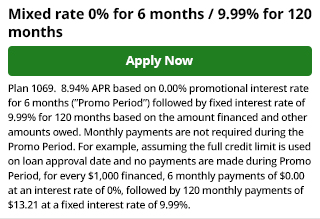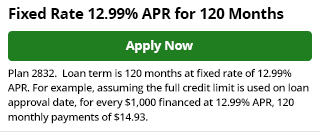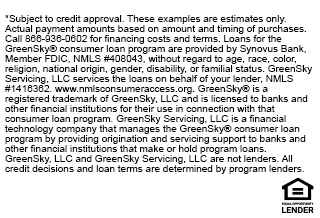Your electric vehicle probably came with a complimentary Level 1 charger. You may have discovered it can’t deliver what you need in the time that you need it. There are several factors that impact charging your electric car.
Electric Car Charger Types, Speeds
The U.S. Department of Transportation says AC Level 1 is the slowest charging equipment. These chargers can take 40-50 hours to charge a battery electric vehicle (BEV) and 5-6 hours to charge plug-in hybrid electric vehicles (PHEVs).
AC Level 2 charging is the top choice for most EV owners’ homes, and you’ll always find them at public charging stations. Level 2 uses 240V electrical power and can fully charge a BEV within 4-10 hours and a PHEV in 1-2 hours.
There are about 1,700 charging stations in the Phoenix-Scottsdale area. The fastest EV charging is DC fast charging (DCFC). With DCFC, battery-powered EVs can charge to 80% in about twenty minutes. You’ll find these at stations along heavy-traffic highways.
There are more than 52 DCFC charging stations in Phoenix. DCFS charging is not used for residential applications and most PHEVs aren’t able to utilize DCFC charging.
Types of EV Charging Plugs/Connectors
AC plugs can be:
- Type 1 – Single-phase plugs are standard and most widely used globally.
- Type 2 – Triple-phase plugs have 3 additional wires, so they charge your car faster.
There are 2 plugs for DC charging:
- CHAdeMO – This is a Japanese acronym that roughly translates to “Let’s have a cup of tea while charging the car.” It’s fast, but not so fast you can’t relax with a quick cup of tea.
- CCS – This is the enhanced version of AC Type 2 charging plugs and the highest-speed charge.
A third type of plug is Tesla-specific. The proprietary Tesla Supercharger® only works with Tesla vehicles, but that may change soon.
ChargeHub provides a quick guide for types of chargers; slow to fastest:
- Wall plugs – Level 1, Nema 515, 520 compatible with all EVs
- Nema 6-50 – Level 2, compatible with all EVs
- Port J1772 – Level 2, compatible with all EVs*
- RV plugs – Level 2, Nema 1450 compatible with all EVs
- Tesla HPWC – Level 2, Tesla-only
- CHAdeMO – Level 3, check your EV guide*
- SAE Combo CCS – Level 3, check your EV guide**
- Tesla Supercharger – Level 3, Tesla-only
EVs: Worth The Investment
Even with electricity usage skyrocketing and electric charges increasing, it is still cheaper to invest in an electric car than drive a traditional fuel-powered vehicle. A lot depends on where you live.
In Arizona, annual EV power costs were $3,856 vs. fuel costs of $4,597. You’ll save more in Oregon; less in Alabama. Home-powered charging is cheaper – a lot cheaper – than DC fast charging.
Home Charging Stations: Choose TIO Electric
“To make the most of EV ownership, you need high-voltage charging equipment at home,” says Car and Driver. And to efficiently and safely begin the process, you’ll need a residential electrical contractor.
Turn It On Electric is the Valley’s experienced, local electrician that knows exactly how to help with electric car charger installation. Here’s what we will consider:
- Best rate of charging for your vehicle
- Household circuit output to which your EV charger is connecting
- Output of the EV charging equipment itself
Before you buy, let’s discuss your options. You can spend $200 or $2,000 for a charging unit. Some chargers have Wi-Fi capability. Different makes and models have variants, like hardwired vs. plug-in, different outputs, and even shorter vs. long cord lengths.
Your home charging station is an adventure and an investment in the future. It will increase your home’s value and reduce your energy consumption. To talk with a home charging station electrical pro, contact TIO Electric.
___
*Tesla requires an adaptor
**Cannot be used with Tesla
___











